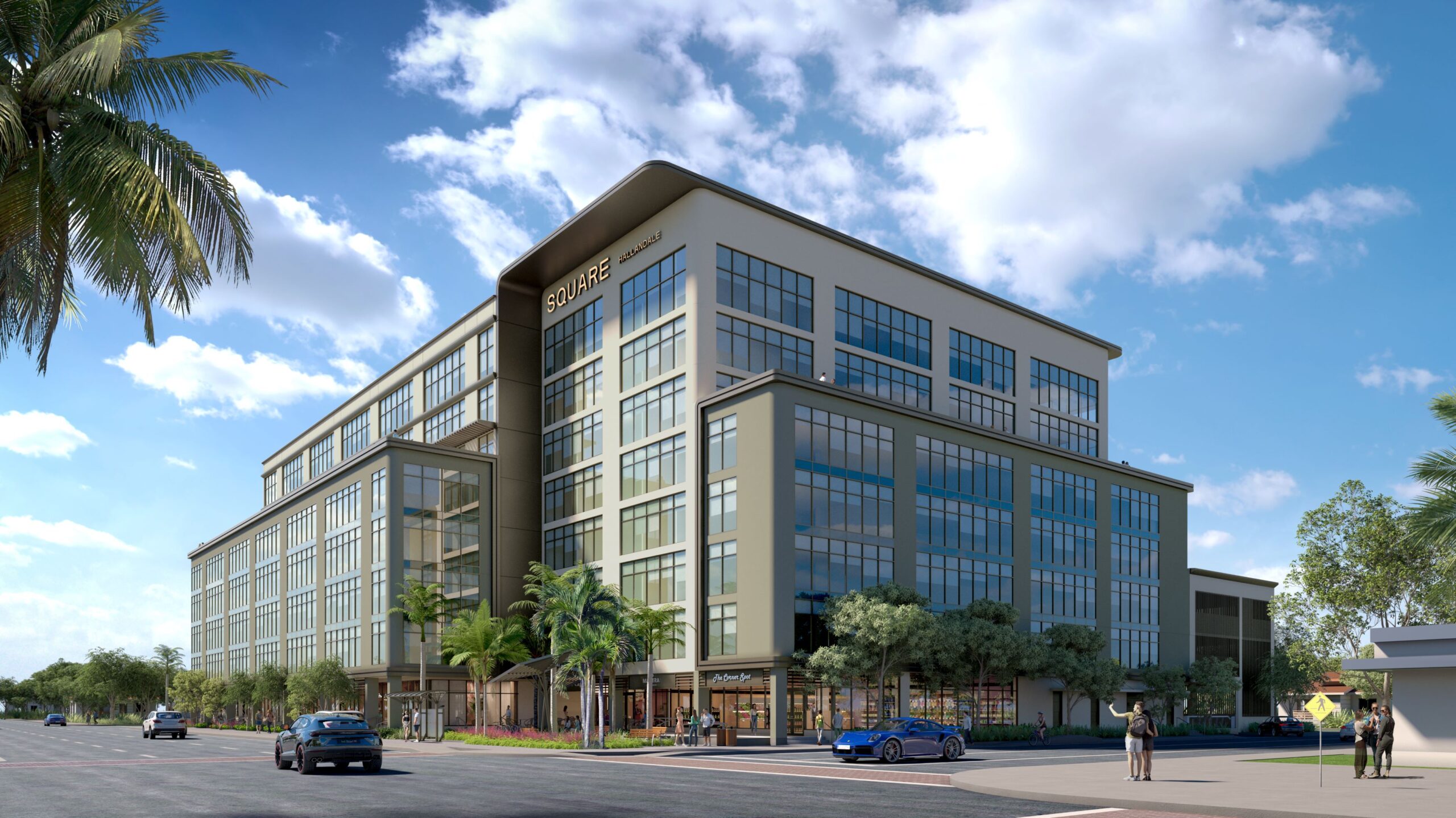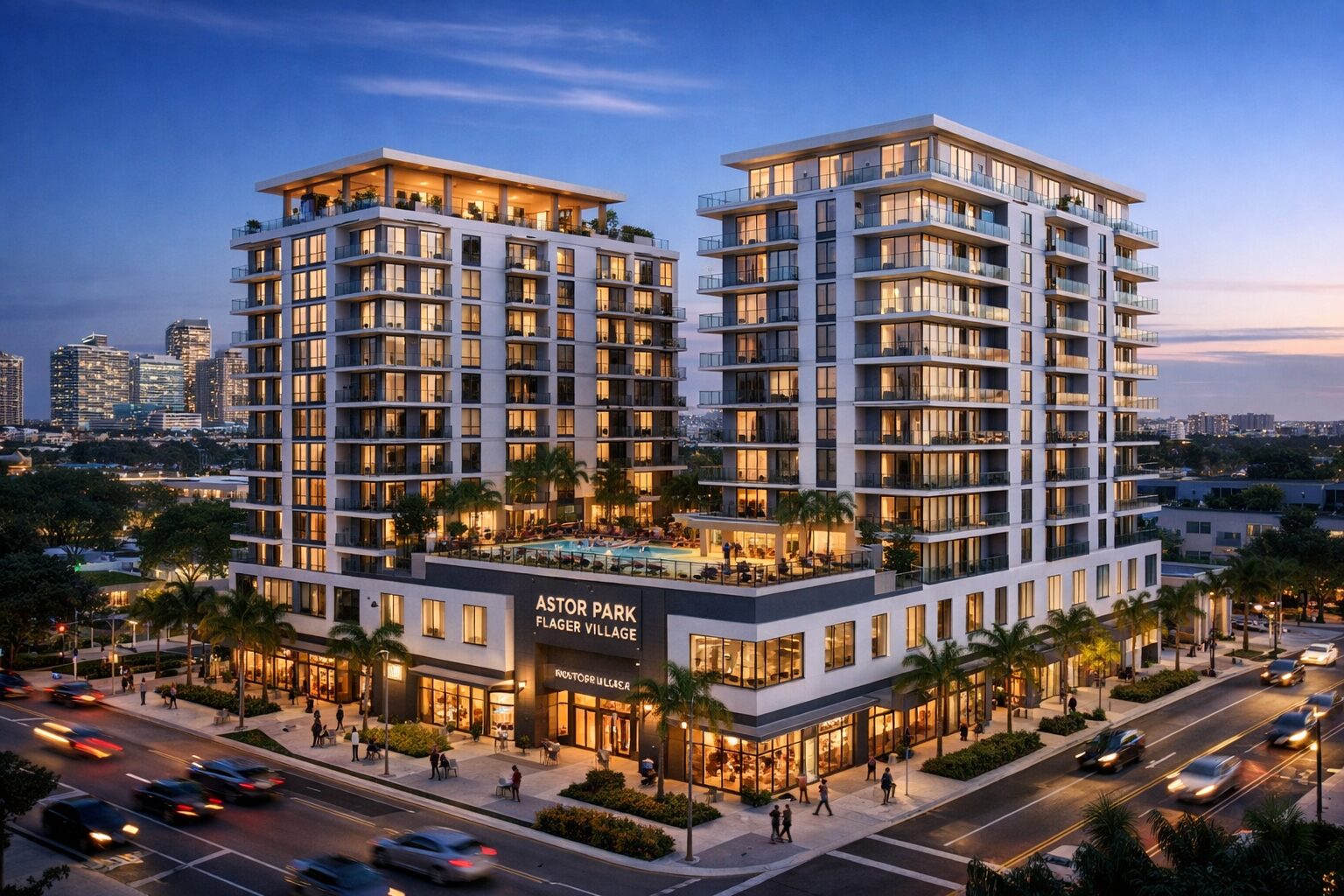[vc_row css_animation=”” row_type=”row” use_row_as_full_screen_section=”no” type=”full_width” angled_section=”no” text_align=”left” background_image_as_pattern=”without_pattern”][vc_column][vc_column_text]
As the executive vice president of Dania Beach-based AKAM, David Cohen oversees all day-to-day operations, with a focus on business development and ensuring internal operations are of a uniformly superior quality.
Working with various AKAM departments, including management, finance, accounting and payroll, Cohen analyzes and ensures that all processes and procedures meet stringent guidelines for efficiency and client service delivery. His perspective at this auspicious time is key; he spoke to SFBW about pandemic adjustments, Airbnb and the potential for a new Roaring Twenties.
With the influx of buyers and investors in South Florida (on the heels of Carl Icahn and Goldman Sachs relocating), what challenges are property managers faced with?
One of the biggest challenges that property management teams face in the current active market is definitely logistics. Across AKAM’s properties, we are diligent about following safety protocols such as social distancing, cleaning and disinfecting, especially in high traffic amenity areas like lobbies, spas, fitness centers, pools and more. These unprecedented times have enabled us to reinvent and adapt the way we operate for our clients in general, from the way we conduct showings and handle maintenance calls to overall communications efforts.
With the COVID-19 vaccine underway and a new administration in place, mindsets will surely be shifting, so how is the real estate industry gearing up for a new era of what’s to come in 2021 and what advantages will buyers/sellers have?
South Florida is definitely a seller’s market right now, given the limited inventory and high demand. At the same time, it presents buyers with advantages to invest and get in the game, with interest rates being some of the lowest we’ve seen to date. That being said, there is currently a question mark on how the real estate market is going to react once the new administration is seeded. The next several months are going to be pivotal in that sense, and contingent upon the moratorium either being extended or lifted all together. Whatever the outcome, I predict that there will be an influx of new opportunities—people will still be looking to relocate to escape dense populations and income taxes, while celebrating the newfound freedom of remote work, which will continue to contribute to the demand considerably. We hope that with the vaccine in place, a sense of stability will return to the country overall and that real estate will remain a healthy place to invest.
We’ve heard that 2021-22 will be like the Roaring Twenties. Do you agree?
As the world returns to normal, we do expect that the markets will respond favorably and a bull market is likely. Although the Roaring Twenties did not end well for the majority of Americans, it was also a time period of incredible feats in not only culture, arts and design but new conveniences and technologies. In a similar fashion, I think the post-COVID era will inspire even more technologies, unique design elements and exceptional real estate and investment opportunities because priorities have shifted across the board. The higher rate of remote work capabilities people now have, in many cases indefinitely, is underlined by the influx of homebuyers coming to regions like South Florida to adjust to this new lifestyle—they are looking for generous space, more bedrooms to accommodate working and learning from home, as well as multigenerational living. Drawing from lessons learned after the Roaring Twenties, people will be more judicious and savvy when it comes to investments and wealth management in general.
Additionally, many safety protocols that were put in place in response to the pandemic aren’t going away either. Even standard operating procedures that were reevaluated and instituted during the onset will continue well into 2021 and beyond.
[/vc_column_text][vc_empty_space][blockquote text=”Ultimately, we are always looking out for the best interests and greatest welfare of the people living and working in the buildings AKAM serves.” show_quote_icon=”yes”][vc_empty_space][vc_column_text]
How will residential buildings prepare for the vaccine and manage expectations of safety when it comes to identifying vaccinations among their tenants/owners/residents? Experts say mask-wearing will still be prudent even after vaccinations.
Ultimately, we are always looking out for the best interests and greatest welfare of the people living and working in the buildings AKAM serves. As the vaccine distribution moves forward, we are continuing to monitor CDC and governmental edicts while consulting with legal counsel in order to advise and help our client boards navigate the process accordingly.
What should residential investors in South Florida know about shifts at Airbnb?
Stock market investors may be feeling bullish on Airbnb as the vaccine and a stimulus might help Americans travel more. But if you’re thinking about investing in South Florida property to use for the purpose of short-term rentals, do your homework. What’s going on at the company, for better or worse, won’t impact your ability to maximize that investment as much as local laws or condo association restrictions might. Some parts of South Florida are more open to the idea of short-term rentals than others, and many condo associations look unfavorably on transient residents, for a variety of reasons. Before investing, make sure that you can actually use a property for the reasons you intend to buy it.
In the midst of Airbnb deploying new initiatives and more stringent restrictions on reservations in South Florida, plus the overall issue of property rights that come into play, how are property managers helping owners monitor and regulate vacation rentals occurring in their own buildings?
South Florida has a patchwork of ordinances and laws around the legality of Airbnb and other short-term rentals. Many of our buildings have chosen to place their own restrictions on short-term rentals, which is their right to do as owners of a private property. Many also feel that having transient residents can have a negative impact on the property. We encourage our client boards to enact what is best to serve their communities, working within any given property’s unique set of governing rules and consulting with legal counsel, and support them by implementing and enforcing the restrictions they choose to impose.
[/vc_column_text][/vc_column][/vc_row]














